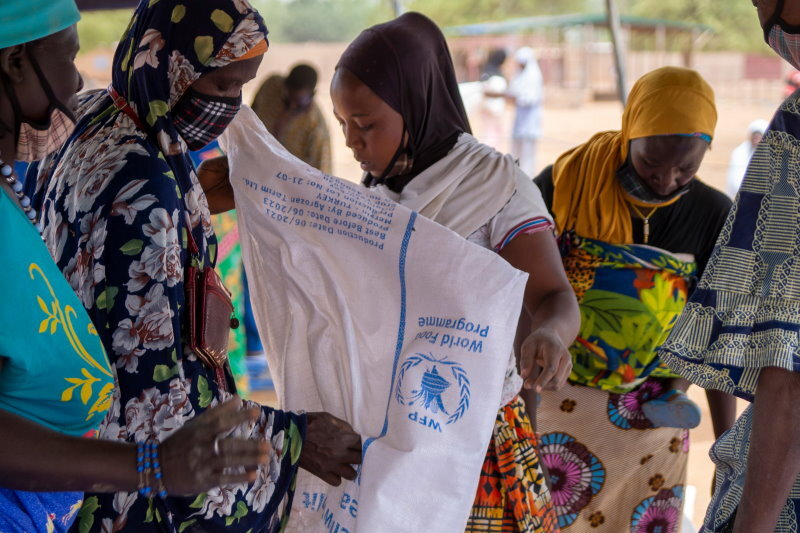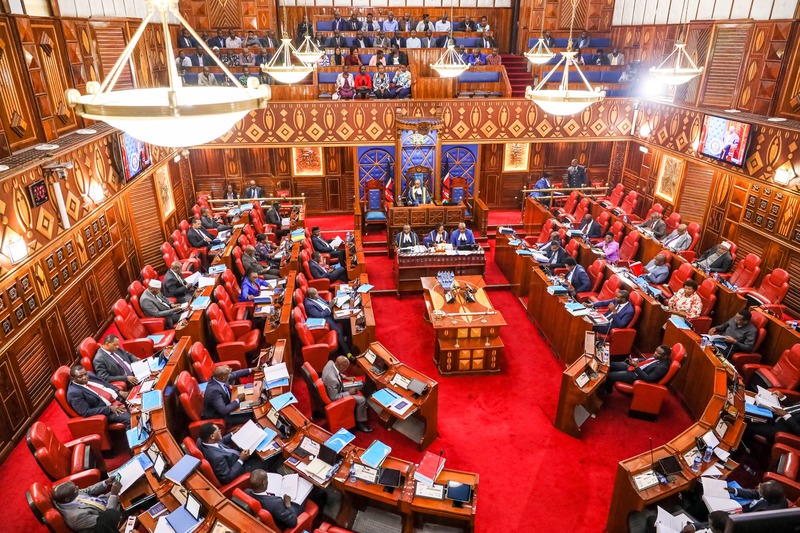WFP warns 52 million people face severe hunger crisis in West and Central Africa

Nearly three million individuals are expected to face emergency levels of hunger, while an estimated 2,600 people in Mali could experience catastrophic conditions, the highest level on the global hunger scale.
The World Food Programme (WFP) has warned of a severe food crisis in West and Central Africa in the coming months, putting the lives of approximately 52 million people in jeopardy.
According to a new food security analysis by the United Nations body, the impact will be most severe between June and August, a period characterised by depleted food stocks and limited harvests.
More To Read
- Gaza: Two children killed every day during fragile ceasefire, says UNICEF
- Two tables, one war: Life amid ceasefire in Israel and Gaza
- Kenya among 16 global hunger hotspots facing crisis, UN warns
- UN warns 7.5 million South Sudanese at risk of severe hunger
- WFP warns Sudan aid at risk after expulsion of top officials amid worsening hunger
- Gaza: 91 Palestinians killed in Israeli airstrikes as truce falters
Nearly three million individuals are expected to face emergency levels of hunger, while an estimated 2,600 people in Mali could experience catastrophic conditions, the highest level on the global hunger scale.
The crisis, WFP says, is being fueled by a combination of escalating conflict, economic deterioration and the increasing impact of extreme weather events.
Widespread violence has displaced more than 10 million people in the region, including millions internally displaced in Nigeria and Cameroon.
In many areas, ongoing instability has disrupted farming and food distribution, while recurring floods and droughts have further damaged crops and livelihoods.
Additionally, rising food inflation, worsened by high fuel prices in countries such as Ghana, Guinea, and Côte d'Ivoire, is making basic food commodities unaffordable for many households.
In the central Sahel, the Lake Chad Basin and the Central African Republic, families are already facing reduced access to food and essential services.
"Although not included in the latest regional report, the Democratic Republic of Congo is also grappling with a worsening food security situation.
An estimated 28 million people there face acute hunger, with numbers rising due to renewed violence, particularly in the eastern provinces.
"Niger and Mali have seen funding cuts of more than 45 percent, compared to last year," says Margot van der Velden, WFP Regional Director for Western Africa.
"It's a continuously worsening trend in terms of food security and malnutrition. And the flooding outlook in 2025 is also worrying."
WFP has since urged the international community to respond swiftly with increased funding and support, emphasising the need not only for emergency food assistance but also for investment in resilience and early warning systems.
"If we are able to get the funding to work with communities, we can transform the ecosystems and increase social cohesion and livelihoods and drastically diminish the need for humanitarian assistance," said van der Valden.
Top Stories Today














































